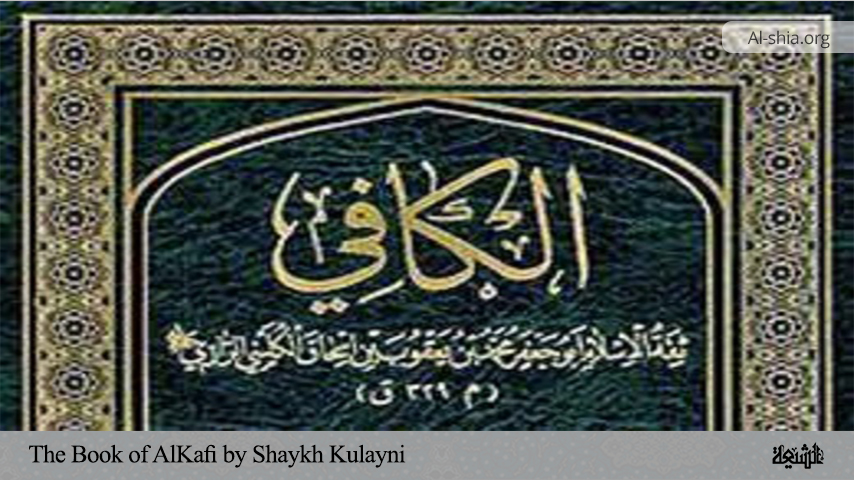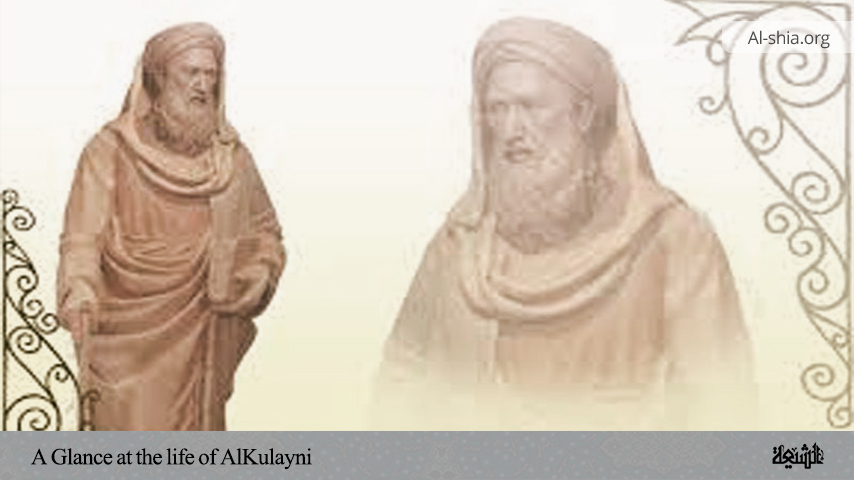The view of Will Durant
In part four of his book “The Pleasures of Philosophy”, Will Durant has made a very detailed and comprehensive analysis of the problem of sex and the family.
We shall make a short selection of certain parts of that book for our readers so that they may have an idea of the way of thinking of western scholars and abstain from passing hasty judgments.
Under the heading of “Love” Will Durant writes:
“It is at puberty that love sings its first clear song. Literally puberty means the age of hair — the sprouting of vegetation on the male, particularly hair on the chest, of which he is barbarically proud, and hair on the face and chin, which he removes with the patience of Sisyphus.
The quality and abundance of the hair seem to rise and fall (other things equal) with the cycle of reproductive power, and are at their best at the acme of vitality.
This sudden foliage along with the deepening of the voice, is among the “secondary sexual characters” that come to the male at puberty; while to the blossoming girl nature brings the softened contours that will lure the eye, the widened pelvis that will facilitate maternity, and the filled out breast that is used to nurse the child.
‘What causes these secondary characteristics ? No one knows, but professor Starling has found favor for his theory that when puberty comes, the reproductive cells begin to produce not merely ova and sperms, but certain “hormones” which pass into the blood and cause a physical and psychical transformation.
It is not only the body that is now endowed with new powers; the mind and character are affected in a thousand ways. ‘There are in life,’ said Romaine Rolland, ‘certain ages during which there takes place a silently working change in a man’ – or in a woman.
This is the most important of them all. New feelings flood the body and the soul; curiosity drives the mind forward, and modesty holds it back.’ (1)
“‘All men,’ says de Muset ‘are liars, traitors, babblers, hypocrites, strutters; all women are vain, artificial, and perfidious; …but there is in the world one thing holy and sublime and that is the union of these two imperfect beings.’” (2)
“In, adults the ritual of courtship is acquisitive advance by the male and seductive retreat by the female.
There are exceptions here and there… Usually the male takes the positive and aggressive role, because he is by nature the fighter and the beast of prey; the woman is to him a prize which he must conquer and possess. All courtship is combat, and all mating is mastery.”(3)
“The superior modesty of woman obviously subserves the purposes of reproduction. Her coy retreat is an aid to sexual selection; it enables her to choose with greater discrimination the lover who shall be privileged to be the father of her children.
The interest of the race and the group speak through her, as the interests of the individual find their strident voice in man . . . Woman is cleverer than man in love because, normally, her desire is less intense and does not obscure her judgment.” (4)
“Darwin considered the female of most species to be comparatively indifferent to, love; Lombroso, Kisch, Krafft-Ebing… will have us believe … .
That …. (it) is not physical delight that woman seek, so much as an indiscriminate admiration and a lavish attention to her wants and in many cases the sheer pleasure of being desired contents her . . . ‘Love in woman’, says Lombroso ‘is in its fundamental nature no more than a secondary character of motherhood, and all the feelings of affection that bind woman to man arise not from sexual impulses, but from the instincts — acquired by adaptation — of subordination and self-surrender (5)
In the chapter gathered together under the title “Men and Women”, Will Durant writes “The function of the woman is to serve the species, and the function of the man is to serve the woman and the child.
They may have other functions also, but wisely subordinate to these; it is in these fundamental and half unconscious purposes that nature has placed our significance and our happiness … .
The woman’s nature is to seek shelter rather than war; and in some species the female seems quite without the instinct of pugnacity. When she fights directly it is for her children.” (6)
“She is more patient than man; and though he has more courage in the larger issues and crises of life, she abounds in diurnal and perennial fortitude for facing the smaller and endless irritations of existence … .
But woman is pugnacious vicariously. She goes for a soldier and delights in a masterful man; some strange masochistic element in her thrills at the sight of strength, even when its victim is herself.” (7)
“Occasionally this ancient joy in virility overrides her more recent economic sense, and she will marry a fool if he is brave. She submits gladly to a man who can command; if she seems less submissive in our days it is because men have less force of character than before….
“Woman’s interests are familiar, and normally her environment is the home; she is as deep as nature and as narrow us four walls. Instincts adapt her to the traditional and she loves the traditional as any expert loves the sphere which reveals his excellence.
She is less experimental in mind and morals (barring certain metropolitan exceptions); if she resorts to ‘free love’ it is not because the finds freedom in it, but because she despairs of achieving normal marriage with a responsible male.
How gladly she would draw the man closer to her and absorb him into the home! Even if, in younger years, she thrilled to the shibboleths of political reform, and spread her affection thin over all humanity, she withdraws these tentatives when she finds an honest mate; rapidly she weans him and herself from this universal devotion and teaches him an intense and limited loyalty to the family.
‘I would give the world for you,’ the youth says in courtship’s ecstasy; and when he marries he does.
“It is just as well. The woman knows, without needing to think of it, that the only sound reforms begin at home; she serves as agent for the race when she transforms the wandering idealist into her children’s devotee.
Nature cares little about laws and states, her passion is for the family and the child; if she can preserve these she is indifferent to governments and dynasties, and smiles at those who busy themselves with transforming constitutions.
If nature seems now to fail in this task of protecting the family and the child it is because woman has for the while forgotten nature.
But it will not be long defeated; she can at any time fall back upon a hundred reserve expedients; there are other races and other peoples, greater in number and extent than ourselves, through whom she can maintain her resolute and indiscriminate continuity” (8)
This has been a short selection, of the statements of distinguished thinkers, about the differences between women and men, and their views in this connection.
I had intended to discuss, under the heading of ‘The Secret of Differences’, how far historical and social factors have been effective in bringing about these differences.
Anyway, I dropped the idea of a comprehensive discussion of this matter, so as to abstain from enlarging the scope of the subject matter. I hope this matter will become completely clear in the course of future chapters.
NOTES:
___________________________
1. (pp. 107-108)
2. (ibid., p. 110)
3. (ibid. p.111)
4. (ibid, p. 117)
5. (ibid., pp, l17-118)
6. (ibid. p.119)
7. (ibid. pp 119-120)
8. (ibid., pp.120, 124, 125)






